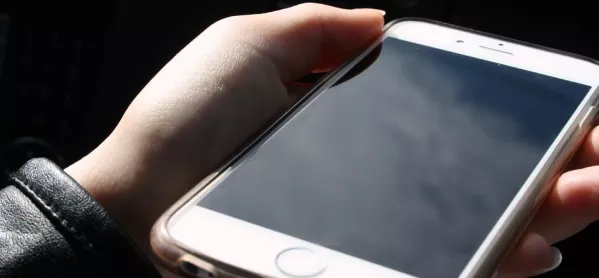Schoolchildren are sharing jokes about rape, slavery and the Holocaust as part of a growing “dark meme culture”, a major new survey has revealed.
A poll of 20,000 children, aged 11 to 18, in both private and state schools has revealed the extent to which pupils are sharing offensive material on social media accounts that are hidden from the view of parents or teachers.
Almost three-quarters of the boys (73 per cent) and 70 per cent of girls surveyed said they have seen an offensive meme on private groups.
The survey has been carried out by the Headmasters’ and Headmistresses’ Conference and Digital Awareness UK, who have now launched a new campaign to help schools address the issue.
Emma Robertson, the co-founder of Digital Awareness UK, said that dark memes were contributing to the normalisation of racism, sexism and homophobia.
She also warned that the problem was getting worse and there was a widening gap in adults knowledge of what “tech savvy” children were doing online.
Ms Robertson said: “Memes can be entertaining, comical and creative but when they poke fun at serious issues such as slavery, rape and marginalised communities you’ve crossed the line.”
The survey findings, published today, show that 36 per cent of boys have sent or received a racist or homophobic meme, compared with 17 per cent of girls.
The poll also revealed that 40 per cent of the sample reported having more than one account on the same social media channel and more than half (57 per cent) have accounts that adults don’t know about.
Of those pupils who had seen offensive material 88 per cent had seen racist memes, 80 per cent had seen sexist material and 74 per cent had seen homophobic messages.
Ms Robertson added: “[For some teenagers] the more extreme, the more racist, the more homophobic, the more interesting they are.
“Where so much of it happens in private groups, there’s definitely a feeling that your mates your close friends are not going to report the things that are happening, that you are safe.
“In spite of that, most of the issues that we deal with happen as a result of one of those friends screenshotting away and capturing this stuff.”
Samantha Price, the chair of HMC’s wellbeing working group and head of Benenden School in Kent, said: “We need to keep working with our teens to understand the risks of the online world.
“They need to know that while they can run rings around adults - parents and teachers - online, they do still make mistakes and might place themselves in vulnerable positions.
“While recognising their online world, schools like ours are working hard to try to close the knowledge gap between adults and children when it comes to social media.”
She also said she believed that pupils expect to change the way they use social media as they get older and move into adulthood
The poll results have been launched to coincide with the launch of HMC and Digital Awareness UK’s Tech Control 2018 campaign.
Through this, a video, school resources and lesson plans have been created to help promote “healthy online living”.





